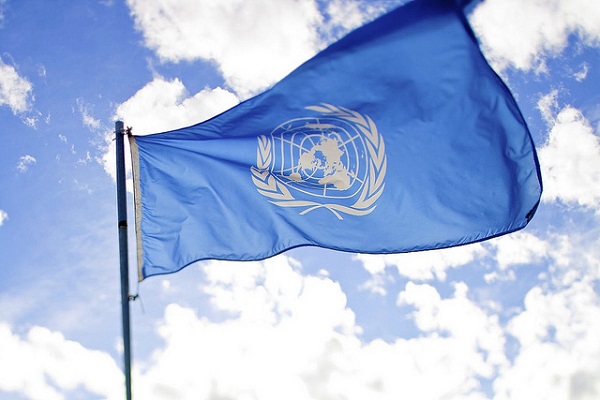
UN Condemns Iran’s Human Rights Violations for the 30th Time
- By Alison Lesley --
- 16 Nov 2017 --

The Baha’i faith is persecuted in Iran
The Third Committee of General Assembly of the United Nations condemned Iran for its ongoing human rights violations[/tweetit]. The vote was passed by 83 for and 30 against. There were 68 abstentions. The resolution was five pages long. The document expressed concern over multiple illegal practices ranging from poor prison conditions and torture to arbitrary detention. The Iranian Government also put in restrictions on religious freedom. There were also allegations that the state actively supported discrimination against religious and ethnic minorities. Discrimination done against women was charged as well.
UN Condemns Iran’s Human Rights Violations for the 30th Time[/tweetthis]
For Iran, the censure against it was not the first one. The UN committee passed an identical resolution in 2016. The voting pattern at that time was also identical. A total of 85-member states voted for the resolution. The number of countries voting against the resolution were 35. The 2017 resolution also welcomed a progress in the country's record. The committee specially mentioned a new legislation which restricts death penalty given for drug offenses. The country raised its bar on the application of death penalty a few days prior to the United Nations vote. The resolution also expressed its 'serious concern' regarding the high count of death penalty verdicts. These included the execution of minors, many of them on the basis of forced confessions.
Of particular concern to the committee was how Iran treated its biggest non-Muslim minority-the Baha'i. The committee focused on the educational and economic discrimination made against members of the Baha'i faith. It asked Iran to release over 90 Baha'is who continue to be held unjustly in a number of Iranian prisons. Such an effort was appreciated by Bani Dugal, Principal Representative of Baha'i International Community to UN. Dugal added that despite the Government of Iran moving its oppression strategy and initiating a relentless public strategy campaign with the intention to disprove that such a violation really exists, a resolution of this kind showed that Tehran has failed. This resolution, Dugal added, shows that other country governments were not deceived. It is clear that the international agenda has in its sights Iran's track record.
Resolution on #Iran adopted at #3C #UNGA72 and mentions the human rights violations of the #Bahai-s https://t.co/zBXCs2DkV6
— Diane Alai (@DianeAlai) November 14, 2017
This UN resolution on Iran comes after Asma Jahangir, the United Nations Special Rapporteur, has sent in a strong document on the issue of human rights in the country. Her report is 23 pages long. A substantial portion is a catalog of large rights violations by Iran.



















